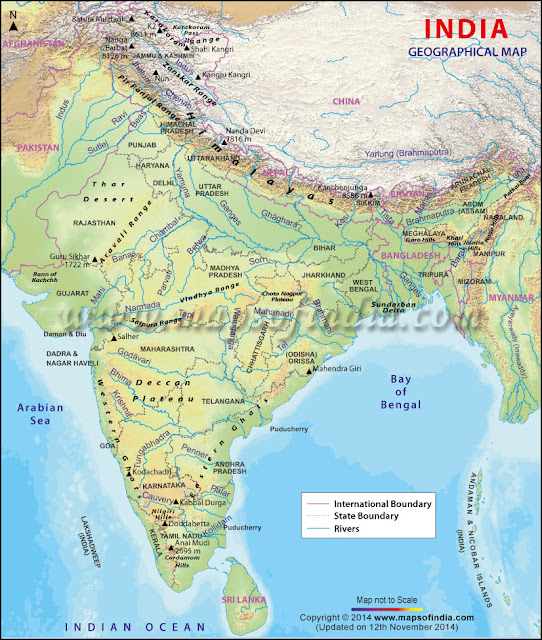Article 18 HELPFUL FOR UPSC
In which of the following cases, the honorable Supreme Court upheld the constitutional validity of national awards by concluding that National Awards—Bharat Ratna, Padma Vibhushan, Padma Bhushan and Padma Sri did not conflict with Article 18?
(a) Kesavananda Bharati v. State of Kerala (1973)
(b) M. Nagaraj v. Union of India (2006)
(c) Chandra Kumar v. Union of India (1997)
(d) Balaji Raghavan v. Union of India (1996)
✍(d) Balaji Raghavan v. Union of India (1996)
🔰The Article 18 of the Indian Constitution: Abolition of Titles🔰
🌼Article 18 states that :
(1) No title, not being a military or academic distinction, shall be conferred by the State.
(2) No citizen of India shall accept any title from any foreign State.
(3) No person who is not a citizen of India shall, while he holds any office of profit or trust under the State, accept without the consent of the President any title from any foreign State.
(4) No person holding any office of profit or trust under the State shall, without the consent of the President, accept any present, emolument, or office of any kind from or under any foreign State.
🌺Explanation of Article 18🌺
☘Article 18(1) abolishes all titles. It prohibits the State to confer titles on anybody whether a citizen or a non-citizen. Military and academic distinctions are, however, exempted from the prohibition. Thus, a university can give title or honor on a man of merit.
☘Clause (2) prohibits a citizen of India from accepting any title from any foreign State.
☘Clause (3) prohibits a person not being a citizen of India, but holding any office of profit or trust under the State, from accepting any title from any foreign State without the consent of the President.
☘Clause (4) provides that no person citizen or non citizen holding any office of profit or trust, shall, without consent of the President, accept any present or emolument or office of any kind from or under any foreign State.
☘Clauses (3) and (4) have been added to ensure that a non-citizen should remain loyal to the State i.e. do not commit the breach of trust reposed in him.
☘A ‘title’ is something that hangs to one’s name, as an appendage (either prefix or suffix e.g. Sir, Nawab, Maharaja, etc.). A democracy should not create titles and titular glories. This will go against the realization of social equality.
☘However, the recent conferment of titles of “Bharat Ratna”, “Padma Vibhushan”, “Padma Shri”, etc. (introduced in 1954) are said to be not prohibited under Article 18 as they merely denote State recognition of good work by citizens in the various fields of activity. It may be noted that Article 18 does not secure any fundamental right but imposes a restriction on executive and legislative power. Further, conferring of titles offended against the fundamental principle of equality of all citizens guaranteed by Article 14.
🌺Landmark Case-Regarding Constitutional Validity of National Awards🌺
📝In Balaji Raghavan v. Union of India (1996) the validity of national awards was challenged in the Court under Article 18 on the ground of their violation of Article 18(1).
🌸After pursuing the constitutional history and the intent behind these awards, the Supreme Court upheld the constitutional validity of civilian honors and came to the conclusion that they did not conflict with Article 18 because they did not amount to titles within the meaning of this Article 18.
🌸It held that they could not be added, as suffixes or prefixes to the names of the awardee and if so added, they could be forfeited.
🌸In view of clause (f) of Article 51A of Fundamental Duties, it is necessary that there should be a system of award and decorations to recognise excellence in performance of the duties.

Comments
Post a Comment